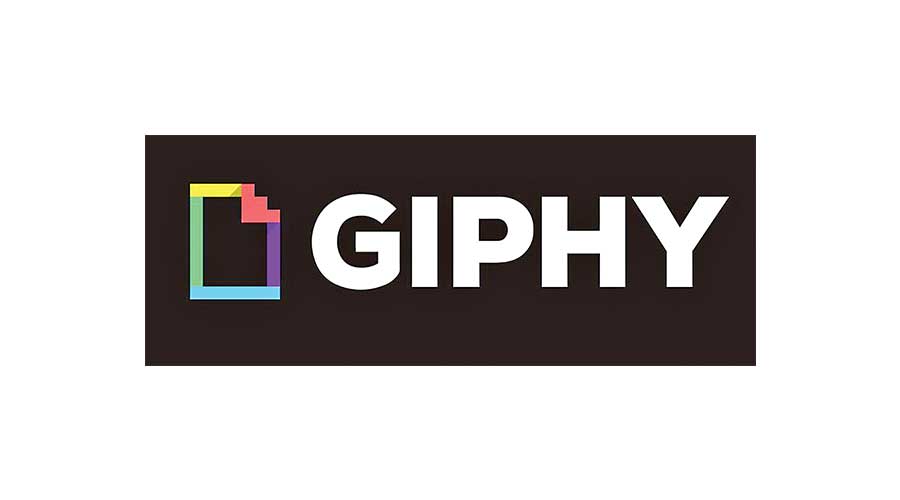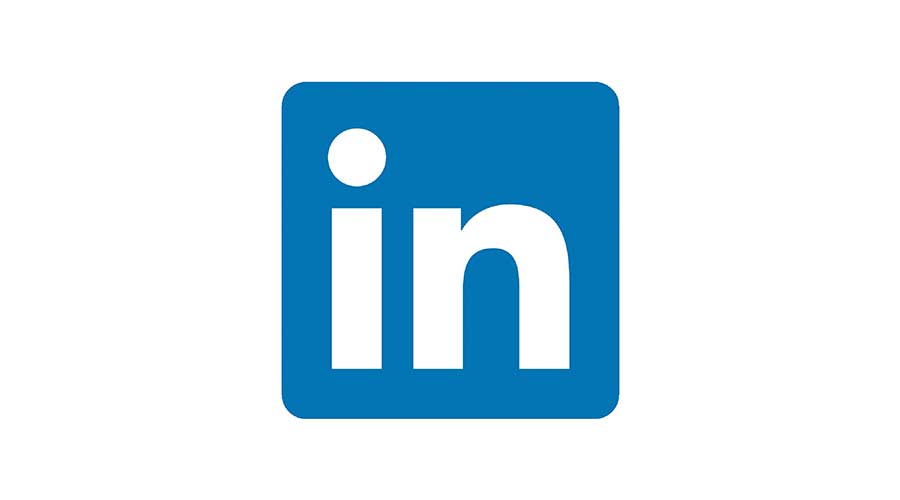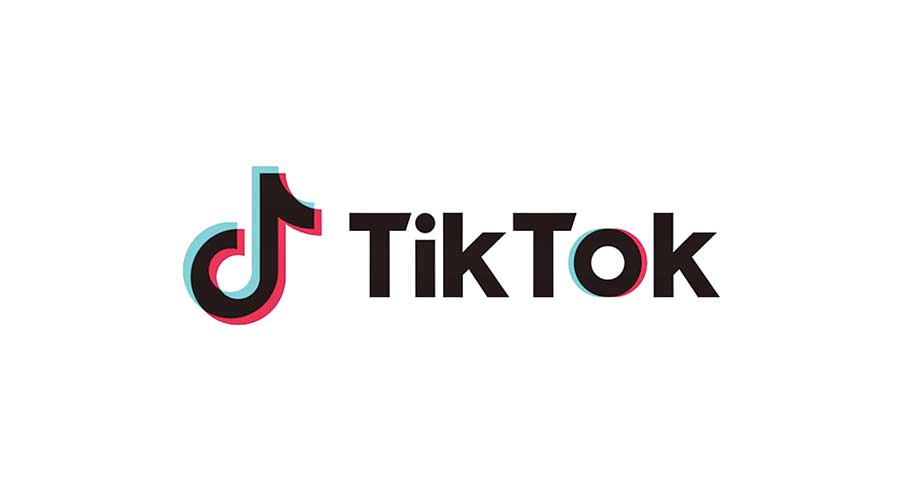MICROSOFT TEAMS NOW LETS SMALL BUSINESSES CHARGE FOR WEBINARS AND MORE
- 23 Mar - 29 Mar, 2024

If a picture is worth a thousand words, what’s a GIF worth? Apparently hundreds of millions of dollars. Facebook has agreed to a deal with Giphy to acquire the GIF platform for $400 million The report points out how Giphy was last valued at $600 million and had received around $150 million in funding since it launched in 2013. It also mentions how Facebook was in talks with the company for a partnership prior to the coronavirus pandemic. At some point over the past few months, those talks turned to an acquisition. The Verge mentions, Facebook has already deeply integrated Giphy into its platform. The social networking giant uses Giphy’s API to provide GIFs to Facebook, Facebook Messenger, Instagram, and WhatsApp.

After it was spotted in testing, LinkedIn has now officially launched its new native polls option, providing another way to gather feedback, and boost engagement on the platform. LinkedIn polls function pretty much the same as they do on other platforms - you select the 'Create a Poll' option within the post composer, type in your question, and enter up to four answer options. You then choose the poll’s duration (between 24 hours and up to two weeks), add a note to your post, then publish.

A common question we've been asked about TikTok usage for brands is whether businesses can add whatever songs they want to their TikTok clips, free of constraints or costs. And the answer thus far has been yes, as such usage was seemingly built into TikTok's existing agreements with music publishers, many of which stemmed from back when it was called Musical.ly. But now, that appears to have changed, which could alter your brand approach to TikTok marketing. According to Dave Jorgenson, a video producer for The Washington Post, TikTok has quietly altered the rules around commercial usage of popular music, which will stop verified brands from using popular tracks, referring them, instead, to a new, royalty-free 'Commercial Music Library' of sounds that are available for businesses.
COMMENTS